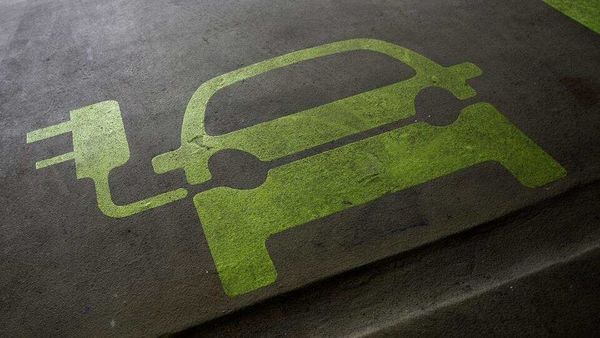Study claims switching to EVs won't alone help India's environment. Here's why


The ongoing lockdown due to coronavirus pandemic has led to significant reduction in pollution all across the country. Images of people witnessing snow-capped mountains from the plains of Punjab or a pristine blue Yamuna river that used to look worse than a sewage drain a few weeks ago picture one undeniable truth: clean energy is the answer to reduced carbon emissions.
Experts have said that this reduction in pollution is temporary in nature and will not benefit the environment in the long run unless we do something about it. One of the pieces of advice that came from the experts was to shift to electric mobility on a larger scale.
Also check these Vehicles
“One way to do this is a faster transition to electric mobility. It would ensure clean air, it would also ensure less dependence on oil imports," environmentalist Aarti Khosla, Director, Climate Trends was quoted by PTI.
The million dollar question is: Will this shift to e-mobility alone be enough to bring down the pollution significantly in India? The answer is no, according to a recent study.
The study done by environmental researchers at Radboud University in Netherlands claims that if people switch to electric cars, it would certainly help curtail greenhouse gas emissions, except for countries like India, Iran and Poland. The research was published in the science journalNature Sustainability.
According to the study, the researchers calculated three scenarios spanning across 59 world regions for the next thirty years. For this entire span of time, the researchers also took note of the amount of‘dirty’ electricity produced to manufacture electric vehicles. They called the study a ‘life-cycle assessment’ where the researchers claim that a favourable effect on the CO2 emissions will increase over time if people switch to electric cars completely.
However, co-author of the study Steef Hanssen mentioned there are only a few exceptions, such as India, Poland, and Iran. Hanssen claims it would be wiser to maintain the fossil car fleet for the time being in these countries. The main reason for this is that electricity production in these countries is currently associated with very high CO2 emissions, resulting in relatively 'dirty' electricity. Electricity generation in India is still largely from coal, and therefore its impact would continue despite vehicles switching to electric power.
The Indian auto industry has been doing its bit in effort to reduce carbon footprint. With encouragement from the government, more carmakers are foraying into hybrid and electric vehicle segments. However, compared to some other European and Asian countries, electric mobility in India still looks at a startup stage.








 3.1 kWh
3.1 kWh 60 km
60 km


















